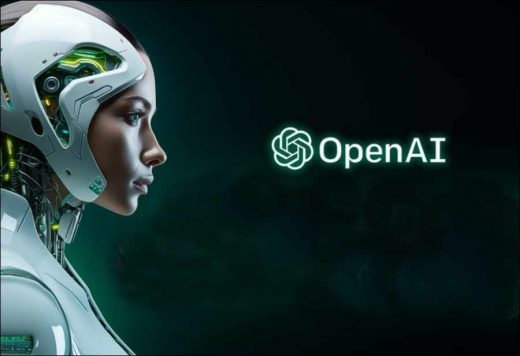OpenAI moves away from safety. Keeping up with an industry as fast-moving as AI is a tall order. So until an AI can do it for you, here’s a handy roundup of recent stories in the world of machine learning, along with notable research and experiments we didn’t cover on their own.
By the way, TechCrunch plans to launch an AI newsletter soon. Stay tuned. In the meantime, we’re upping the cadence of our semiregular AI column, which was previously twice a month (or so), to weekly — so be on the lookout for more editions.
This week in AI, OpenAI once again dominated the news cycle (despite Google’s best efforts) with a product launch, but also, with some palace intrigue. The company unveiled GPT-4o, its most capable generative model yet, and just days later effectively disbanded a team working on the problem of developing controls to prevent “superintelligent” AI systems from going rogue.
The dismantling of the team generated a lot of headlines, predictably. Reporting — including ours — suggests that OpenAI deprioritized the team’s safety research in favor of launching new products like the aforementioned GPT-4o, ultimately leading to the resignation of the team’s two co-leads, Jan Leike and OpenAI co-founder Ilya Sutskever.
Superintelligent AI is more theoretical than real at this point; it’s not clear when — or whether — the tech industry will achieve the breakthroughs necessary in order to create AI capable of accomplishing any task a human can. But the coverage from this week would seem to confirm one thing: that OpenAI’s leadership — in particular CEO Sam Altman — has increasingly chosen to prioritize products over safeguards.
Altman reportedly “infuriated” Sutskever by rushing the launch of AI-powered features at OpenAI’s first dev conference last November. And he’s said to have been critical of Helen Toner, director at Georgetown’s Center for Security and Emerging Technologies and a former member of OpenAI’s board, over a paper she co-authored that cast OpenAI’s approach to safety in a critical light — to the point where he attempted to push her off the board.
Over the past year or so, OpenAI’s let its chatbot store fill up with spam and (allegedly) scraped data from YouTube against the platform’s terms of service while voicing ambitions to let its AI generate depictions of porn and gore. Certainly, safety seems to have taken a back seat at the company — and a growing number of OpenAI safety researchers have come to the conclusion that their work would be better supported elsewhere.
other AI stories
Here are some other AI stories of note from the past few days:
Views: 315



